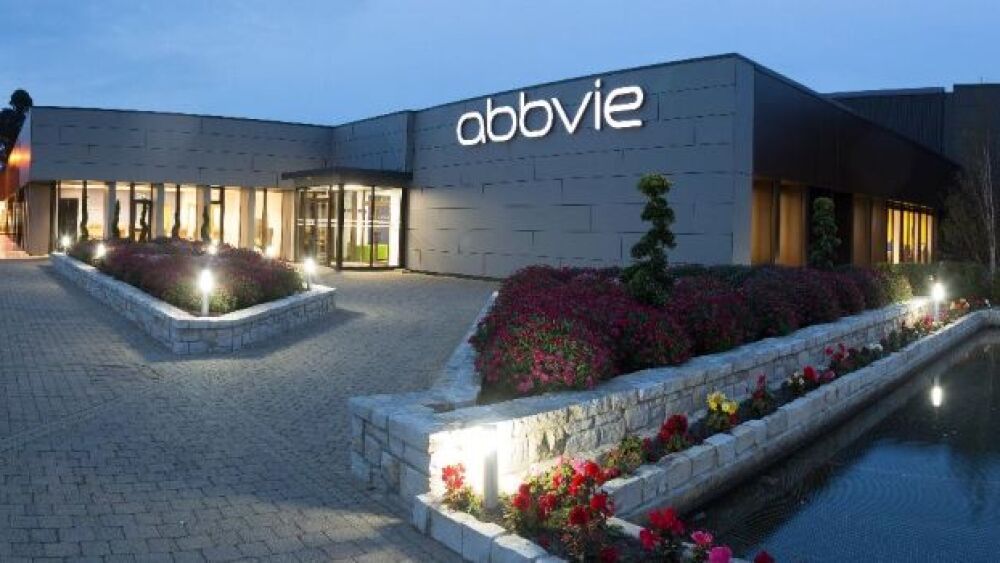AbbVie has terminated its collaboration agreement with BioArctic in the development of alpha-synuclein antibodies for Parkinson’s Disease and other movement disorders.
Courtesy of Abbvie Inc.
AbbVie has terminated its collaboration agreement with BioArctic in the development of alpha-synuclein antibodies for Parkinson’s disease and other movement disorders.
AbbVie has yet to post an official statement on its website, but BioArctic has already made the announcement through its own press release. The two companies entered into a research deal in 2016 to develop and commercialize BioArctic’s portfolio of potential treatments for Parkinson’s disease, particularly products that work against alpha-synuclein, whose mutations and aggregates produce deposits that are hallmarks of the disorder.
In 2019, the companies commenced the Phase I trial for ABBV-0805, and results were presented at an international conference in 2021, with outcomes positive enough to encourage continuation into a Phase II study. The U.S. Food and Drug Administration approved its Investigational New Drug (IND) application shortly before the trial began. AbbVie has been responsible for managing and funding ABBV-0805’s clinical development.
Details of the termination were not disclosed.
“We are disappointed that AbbVie has taken this decision. All available data indicates that ABBV-0805 has uniquely high selectivity for the pathological forms of aggregated alpha-synuclein, as well as Phase 1 data supporting progression to Phase 2. We believe that ABBV-0805 has the potential to become a disease-modifying treatment for people with Parkinson’s disease and will now investigate options to continue the development of this asset,” commented Gunilla Osswald, CEO of BioArctic.
ABBV-0805, previously called BAN0805, is being studied for Parkinson’s disease, but its scope may extend to cover other movement disorders, such as multiple system atrophy and Lewy body dementia. The goal of the research is to find and develop a new treatment that can slow down or stop Parkinson’s disease progression.
The latest update on ABBV-0805 was in November 2021, when BioArctic shared preclinical data demonstrating the candidate’s ability to selectively target soluble toxic α-synuclein aggregates. Back then, BioArctic Head of Research Johanna Fälting expressed optimism over the drug’s potential as a viable treatment for Parkinson’s. This is why AbbVie’s decision to terminate comes as a surprise.
AbbVie started the Phase I trial to test the drug’s safety and tolerability in 32 participants with idiopathic, mild to moderate Parkinson’s in March 2020, but then later withdrew the study citing “strategic considerations.” It remains unclear why AbbVie took this step.
Despite the termination, however, BioArctic remains active with the other projects in its pipeline, which include two Phase III studies with Eisai on the effectiveness of lecanemab for Alzheimer’s disease. It also has several studies in the discovery and preclinical phases for Alzheimer’s, Parkinson’s and other central nervous systems (CNS) disorders.
The company is set to publish its first-quarter report for this year on April 28 via an audio cast with a teleconference. The AbbVie termination will likely be discussed in the session.





